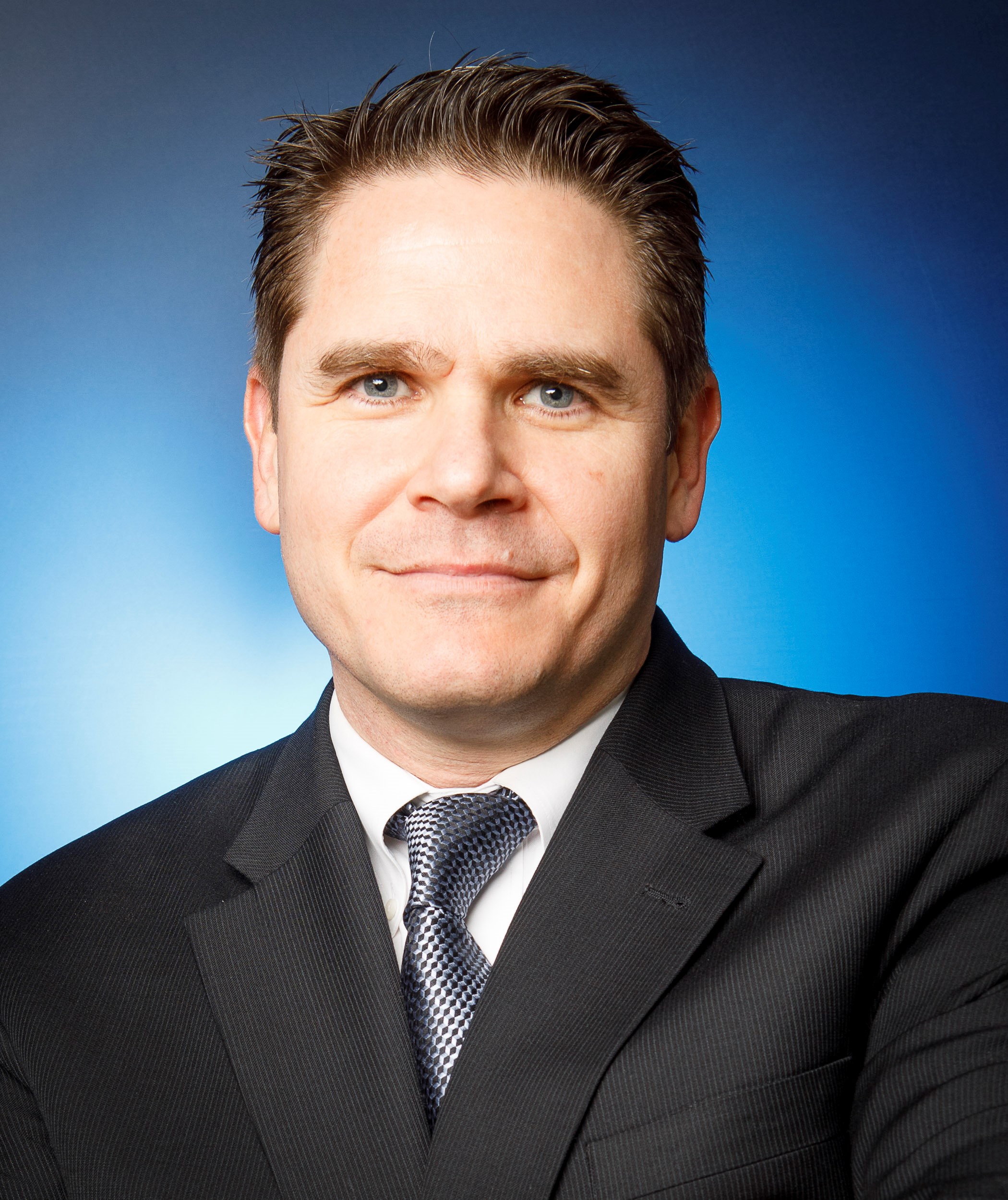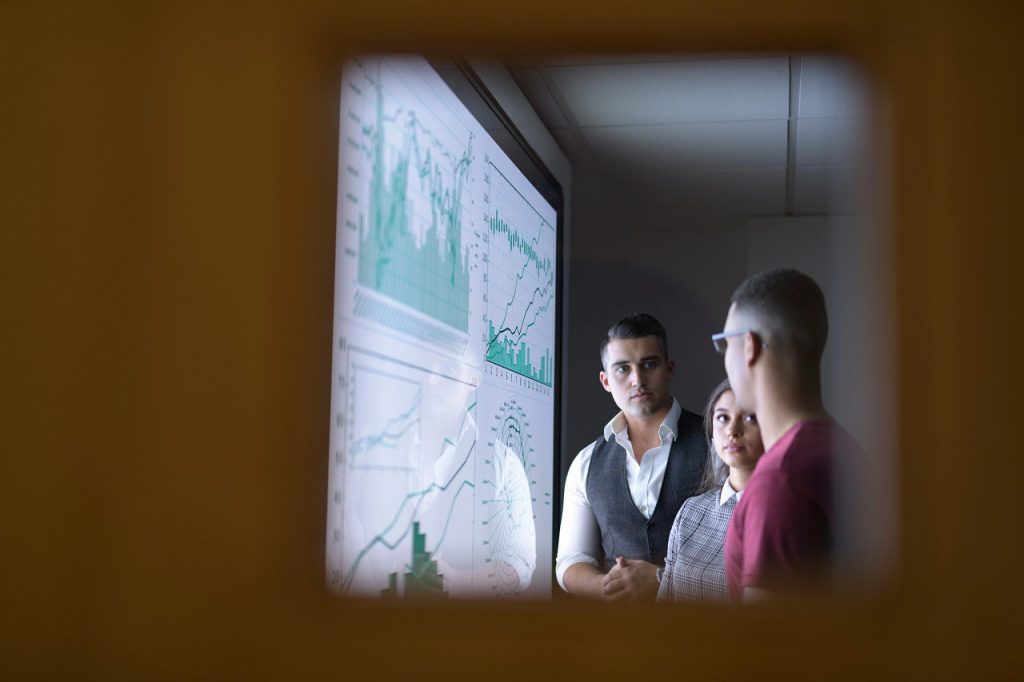Before the COVID-19 pandemic, most business leaders probably gave little or no thought to the ideas of “geographic inclusion” or “time zone inclusion.” But Dr. Ian Oppermann, chief data scientist for the New South Wales Government in Australia, emphasizes that these are “real issues” for businesses to address if they want to make virtual work arrangements sustainable — and more engaging — for the long term.
“We have to get it right if we’re going to operate in a genuine, distributed tele-world,” said Oppermann in a recent interview with VISION by Protiviti, led by Ghislaine Entwisle, a managing director with Protiviti Australia. And prioritizing geographic inclusion isn’t the only thing that businesses need to do to support the future of work, Oppermann said — cybersecurity must also be a high priority in a hyper-connected world where “everybody is suddenly a node in a network.”
He expanded on the impact of remote work and collaborative technologies on security: “The longer-term consequences are that, increasingly, we’re not just connecting with people, we’re also connecting with devices, and devices are connecting with devices. Those futuristic ideas of the Internet of Things are suddenly become much more significant — much more important.”
As the world increases technological connectivity and complexity through the embrace of quantum computing, artificial intelligence, and eventually, 6G, energy consumption also becomes a concern, especially when data analytics is thrown into the mix. “Thinking about energy consumption in data analytics is a very important aspect of how we think about the future,” said Oppermann.
Managing these and other complex issues, including inequalities in the global community that technology both creates and can help to solve, will require a global perspective. “We don’t have a choice but to think globally, and we should operate with a global mentality,” said Oppermann.
To hear Oppermann’s thoughts about what else governments and industry should do to support the future of work, including thinking more about the circular economy and the reality of the planet’s finite supply of natural resources, watch the full interview on VISION by Protiviti.
Subscribe to the VISION by Protiviti newsletter.





